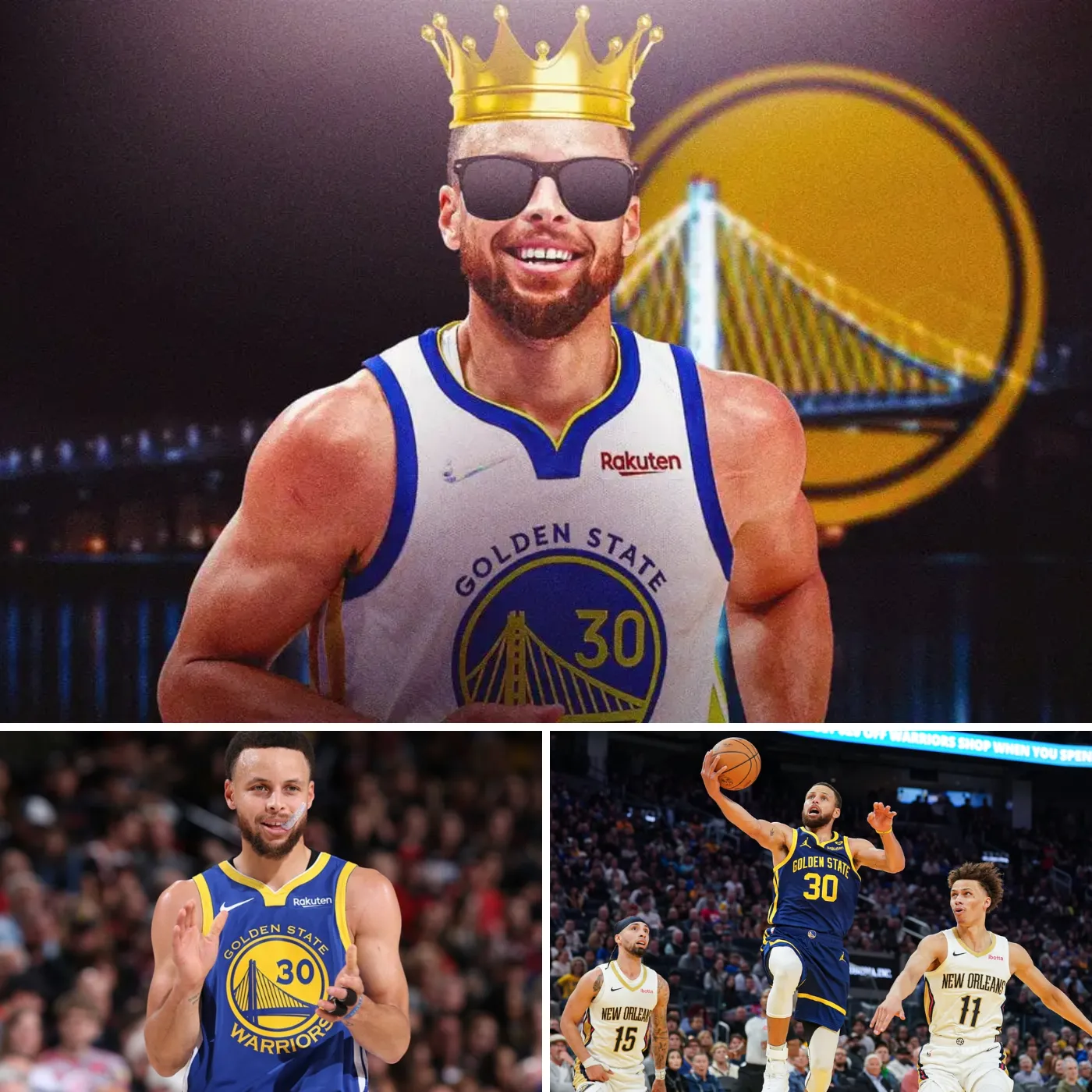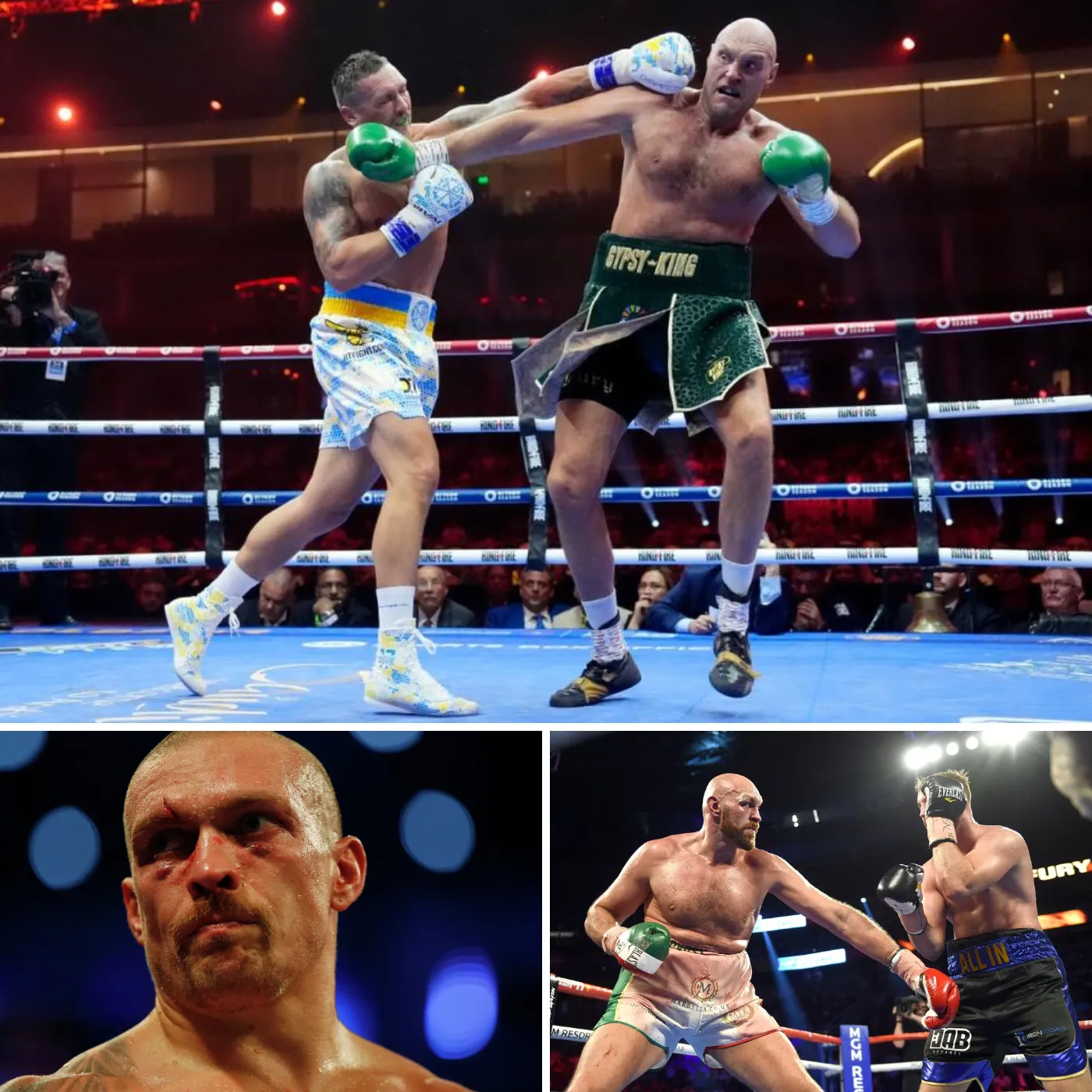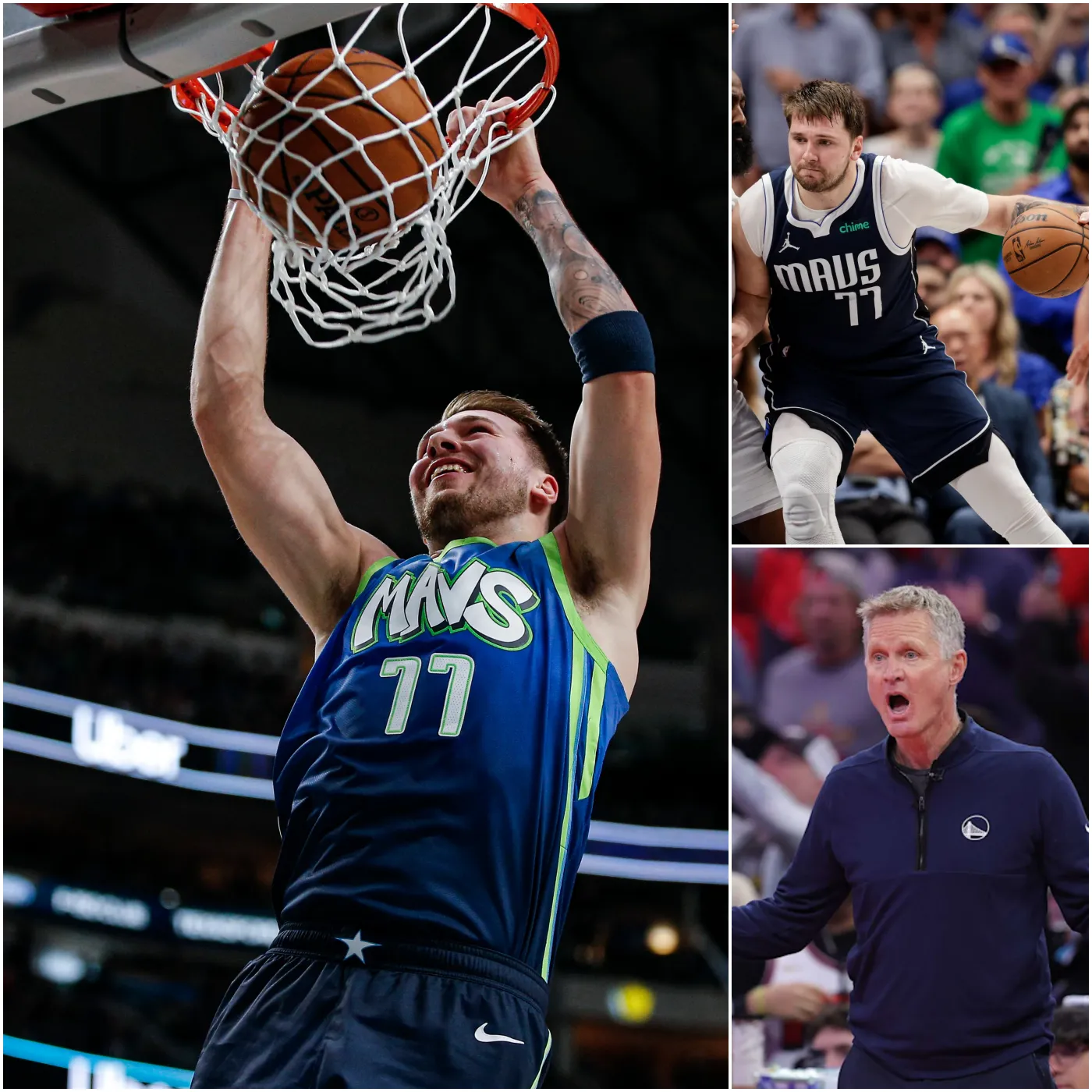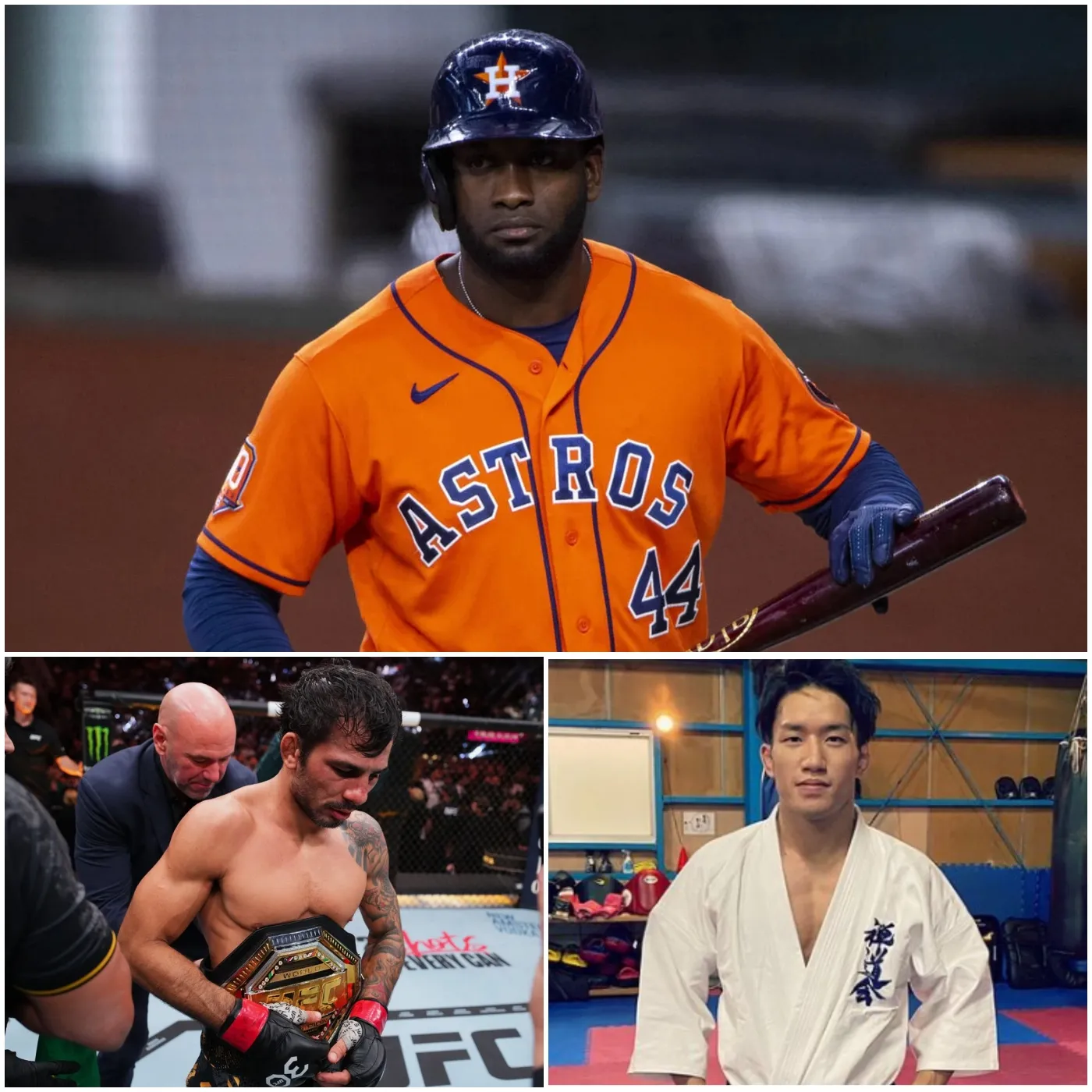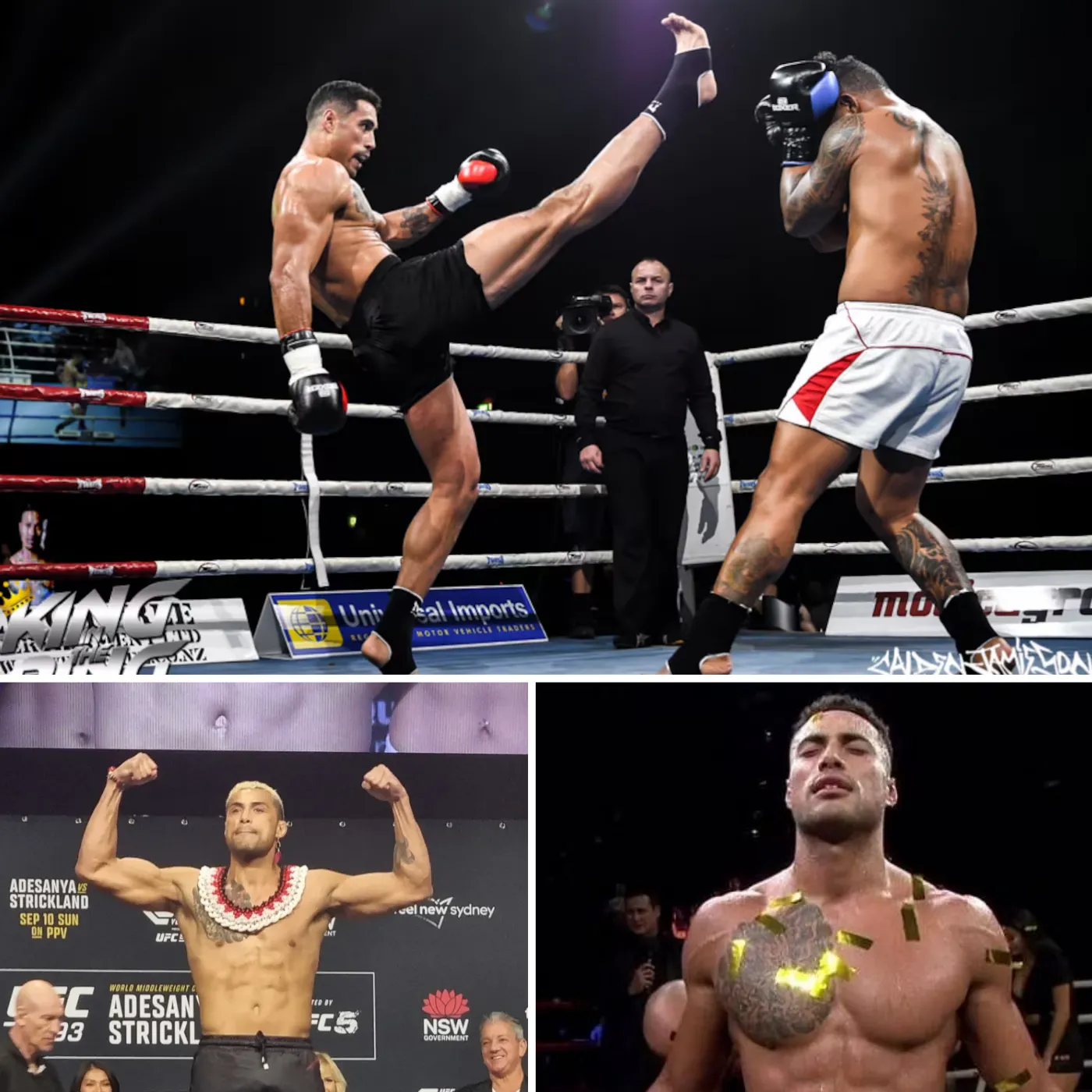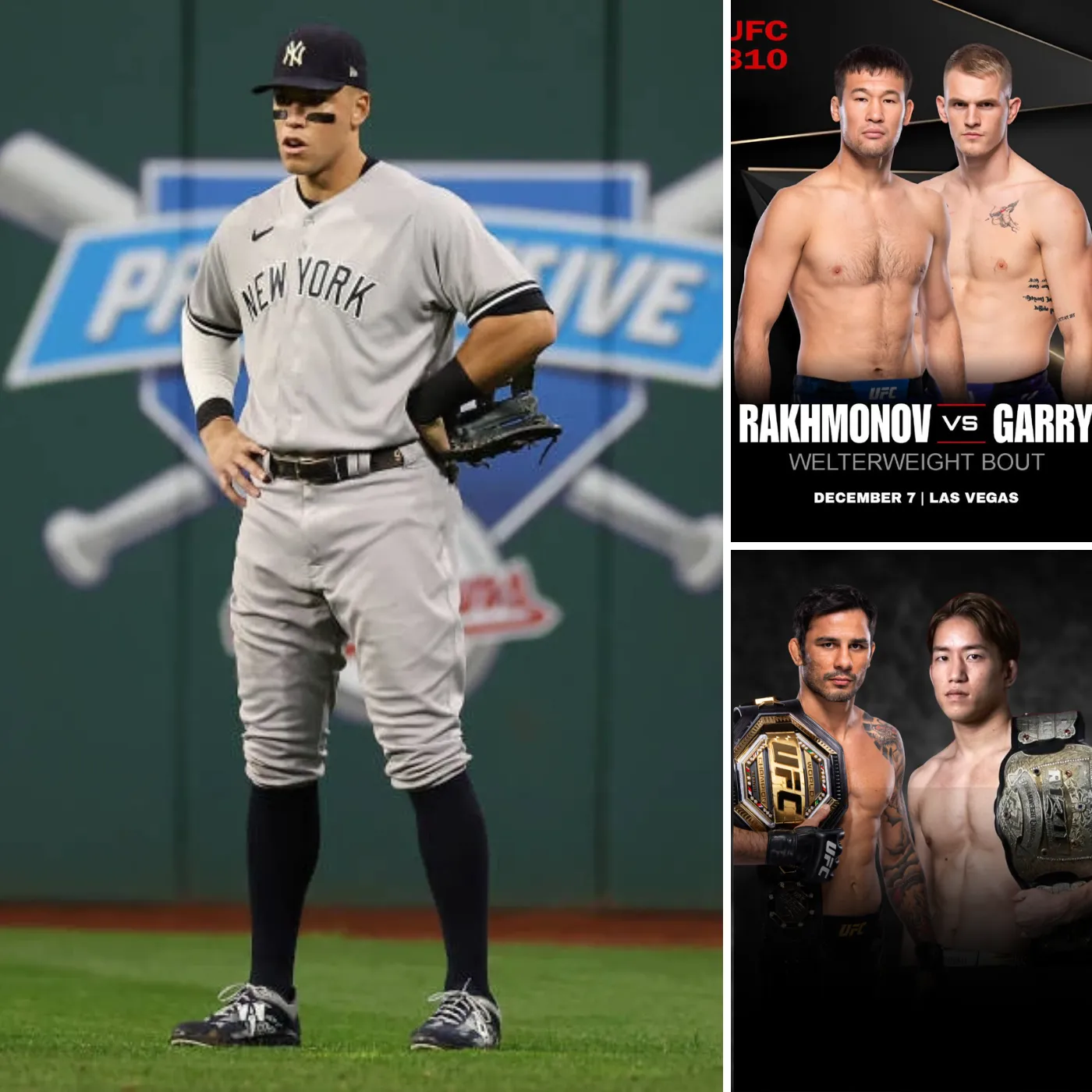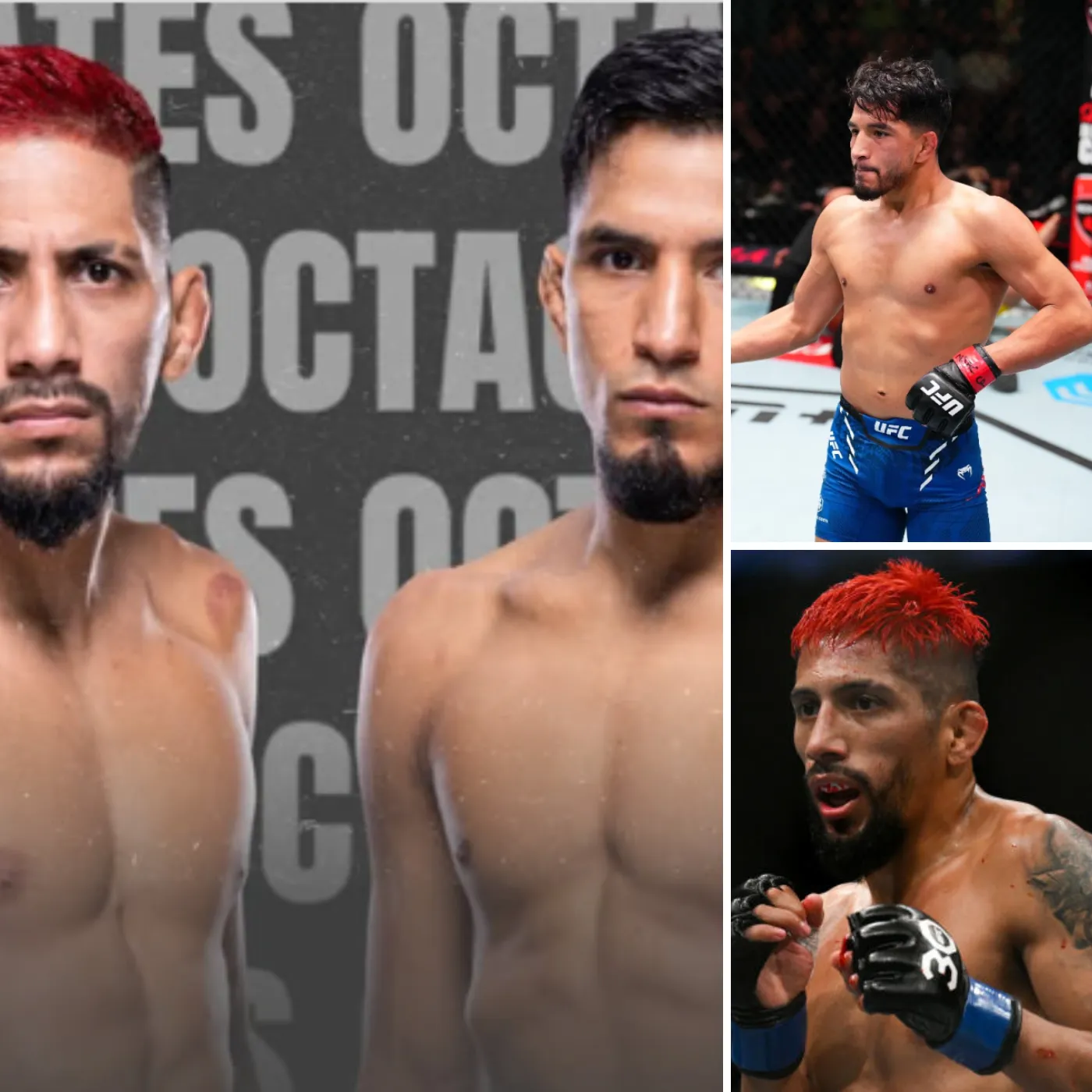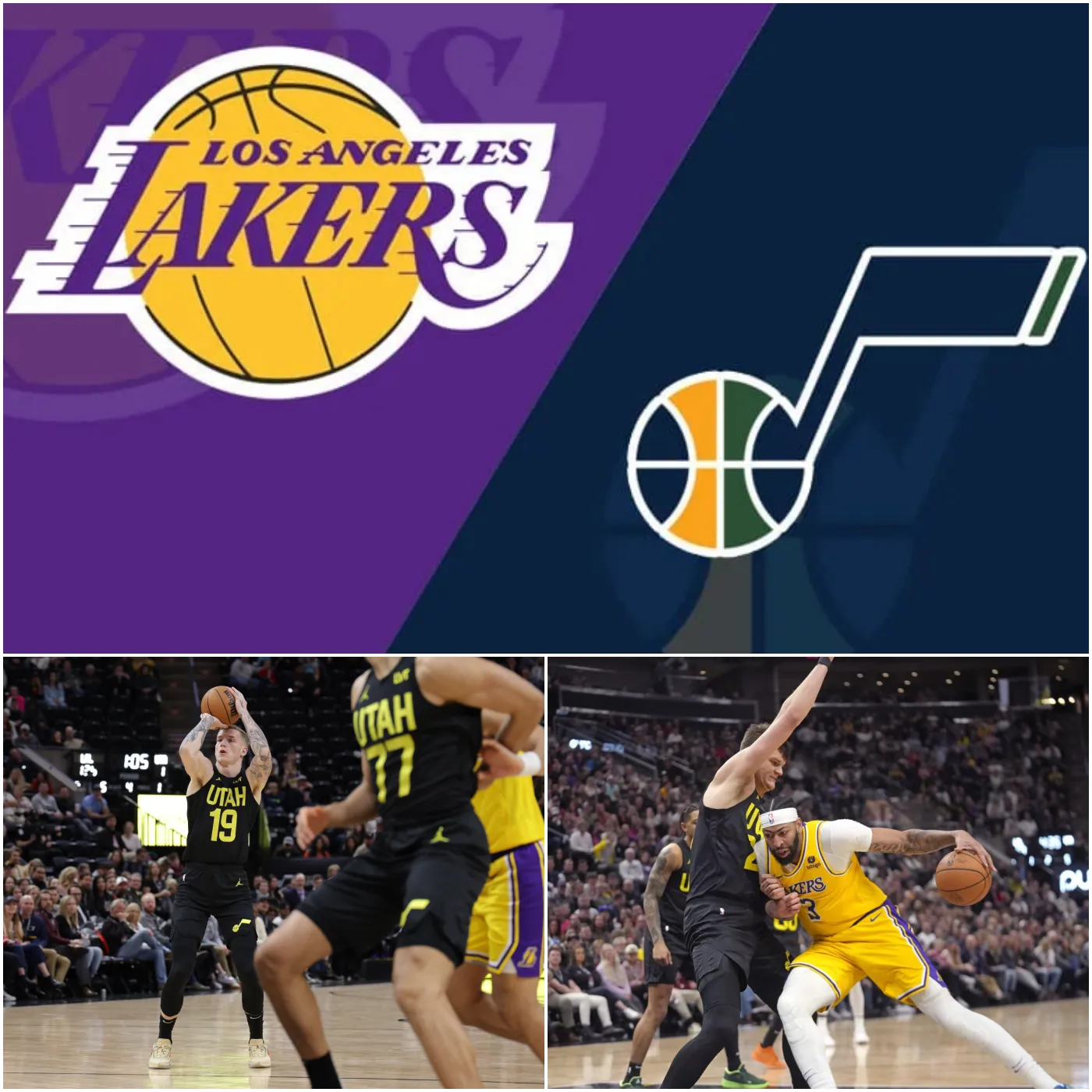Is Deontay Wilder Overrated or a Victim of Boxing Politics?
Deontay Wilder, known for his explosive knockout power and for holding the WBC heavyweight championship for multiple years, has experienced both significant success and intense criticism during his career. Some argue that his limited resume of top-tier opponents diminishes his reputation, while others believe that boxing politics have played a substantial role in limiting his opportunities […]
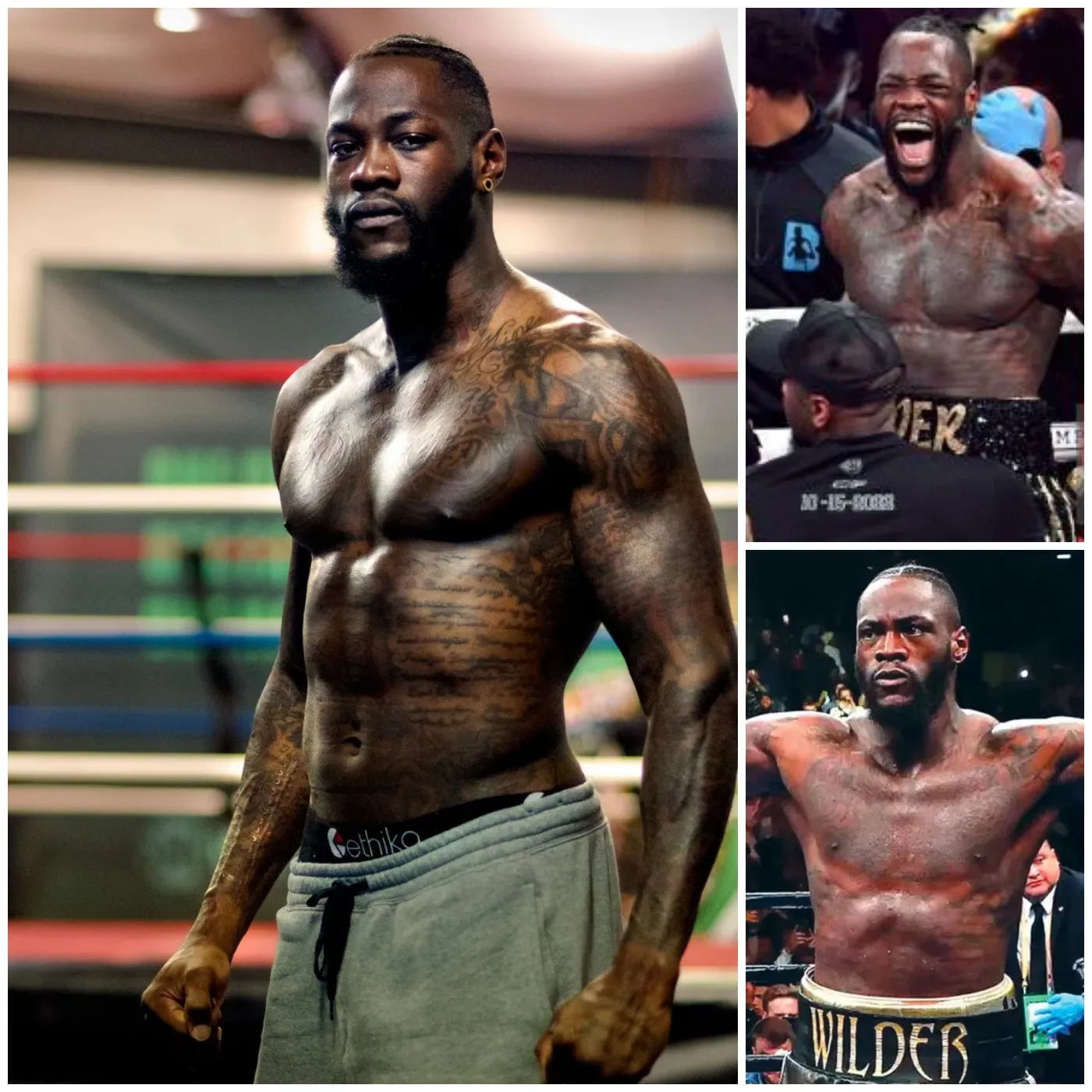
Deontay Wilder, known for his explosive knockout power and for holding the WBC heavyweight championship for multiple years, has experienced both significant success and intense criticism during his career. Some argue that his limited resume of top-tier opponents diminishes his reputation, while others believe that boxing politics have played a substantial role in limiting his opportunities to prove himself against the very best in the sport. This open-ended question reflects a deep divide in opinion about whether Wilder is truly overrated or simply a victim of forces beyond his control.
Wilder’s Knockout Power: A Blessing and a Curse
One of the most obvious aspects of Deontay Wilder’s career is his incredible knockout power. With 41 knockouts in his 44 professional victories, Wilder has earned a reputation as one of the most dangerous punchers in boxing history. His power has often been described as a game-changer, capable of ending a fight in the blink of an eye. Wilder’s explosive right hand is widely regarded as one of the most formidable weapons in the heavyweight division, and his ability to knock down and knockout opponents has kept him at the forefront of boxing fans’ minds.
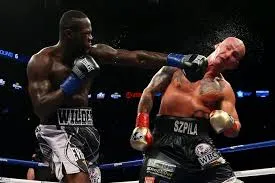
However, there are those who believe that Wilder’s lack of boxing finesse and technical limitations have overshadowed his achievements. Critics argue that Wilder’s reliance on raw power and his inability to adapt to opponents who are more skilled in the ring have limited his growth as a fighter. His losses to Tyson Fury, the most skilled heavyweight of his generation, highlighted some of the weaknesses in his game, such as his lack of defense and his limited boxing IQ. While Wilder has been highly successful, these technical flaws lead some to wonder if his reputation is inflated by his knockout highlights rather than his overall skillset.
Limited Resume of Top-Tier Opponents
One of the central arguments against Wilder’s legacy is his relatively limited resume of top-tier opponents. While he defended his WBC heavyweight title multiple times, many of his challengers were not considered elite fighters. Wilder’s reign as champion saw him face opponents like Bermane Stiverne, Dominic Breazeale, and Luis Ortiz—all of whom were solid but not considered among the very best heavyweights in history.
Wilder’s most notable victories came against Luis Ortiz, who was an aging fighter at the time of their two bouts, and Bermane Stiverne, whom Wilder defeated for the title. While these wins should not be discounted, many argue that Wilder never faced the true elite of the heavyweight division, such as Anthony Joshua, Tyson Fury (until their 2018 draw and 2020 rematch), or a rematch with Vitali Klitschko.
Critics argue that a fighter’s legacy is defined by the opponents they face, and Wilder’s lack of marquee names on his record raises questions about how his achievements are perceived. Fans and analysts often point to his lack of high-profile matches against other top-tier heavyweights as a key reason why he is sometimes labeled as “overrated.”
The Role of Boxing Politics
While Wilder’s resume has been criticized, it’s also essential to consider the role that boxing politics may have played in limiting his opportunities. Boxing is known for its complex web of politics, involving rival promoters, television networks, and organizations like the WBC, WBA, IBF, and WBO. These factors often influence matchmaking and can restrict fighters from facing one another, even if fans clamor for the bout.
Wilder’s promoter, Al Haymon, and his association with PBC (Premier Boxing Champions) meant that many of his fights took place under the PBC umbrella. This created difficulties in negotiating fights with fighters aligned with other promoters or networks, such as Anthony Joshua, who was working with Matchroom Boxing and Sky Sports at the time. Joshua and Wilder were both heavyweight champions, but politics kept them from fighting in what could have been a massive unification bout for the undisputed title.
Additionally, Tyson Fury and Wilder had a long history of negotiation struggles, which led to their first bout being delayed for years. After their 2018 draw, Wilder was quick to call for a rematch, but Fury’s own career trajectory and contract disputes made the process more complicated than it needed to be. Many fans and analysts argue that Fury and Wilder were forced to wait for a definitive rematch due to these outside factors, leaving both fighters’ legacies open to debate.
Avoiding the Toughest Challenges?
There are those who argue that Deontay Wilder avoided certain challenges during his career. Critics suggest that he avoided a potential fight against Anthony Joshua for years, despite the fact that both men were champions at the same time. The most glaring example of this is when Joshua was willing to fight Wilder for an undisputed heavyweight title, but Wilder’s team reportedly turned down a $100 million offer to fight Joshua. This decision has fueled accusations that Wilder and his team were more interested in preserving his undefeated record rather than facing the toughest opponents available.
Wilder has also faced criticism for the lack of top-tier competition in his career. While he faced Luis Ortiz, who had a strong resume, Ortiz was already in his 40s during their second bout. Wilder’s 2017 defense against Bermane Stiverne was another bout that critics view as a relatively easy defense compared to the level of opposition he could have faced during that period.
Despite these criticisms, Wilder has defended himself by saying that many of the best fighters were not interested in facing him or were not willing to make a fair deal. His claims are not entirely without merit, as boxing politics have indeed played a part in shaping his opportunities. The fact that Wilder was tied to PBC while other major names like Joshua and Fury were with different promoters undoubtedly made negotiations more difficult.
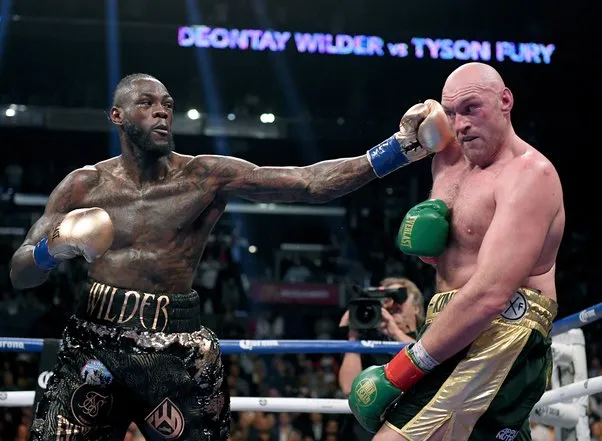
Wilder’s Legacy: Overrated or Underappreciated?
In the end, the question of whether Deontay Wilder is overrated or a victim of boxing politics depends on which perspective you choose to embrace. Those who focus solely on his knockout power and WBC championship reign may view him as a fearsome competitor, despite his technical flaws. Others argue that his limited resume, combined with his struggles to secure the biggest fights, makes his legacy difficult to fully appreciate.
Wilder’s reputation is complex—on one hand, he’s a champion who held the heavyweight title for years, secured multiple KO victories, and made history as one of the most dangerous punchers in boxing. On the other hand, his refusal to face top-tier competition for the majority of his reign has raised questions about how his legacy will ultimately be viewed.
The truth likely lies somewhere in the middle. While Wilder’s knockout power and achievements cannot be ignored, the boxing politics that restricted his opportunities also played a role in shaping the narrative around his career. Whether Wilder is overrated or a victim of these politics will ultimately depend on how history chooses to judge his career in the context of the heavyweight division as a whole.



